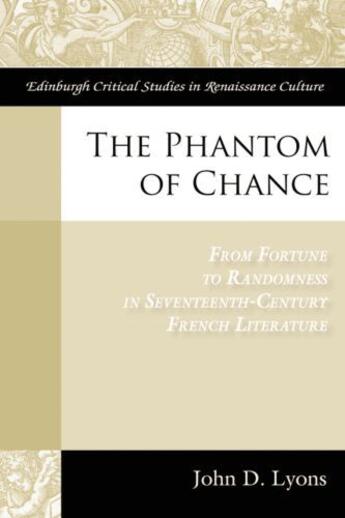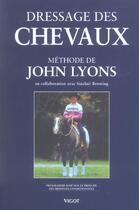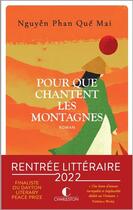-
Nombre de pages : (-)
-
Collection :
(-)
-
Genre :
(-)
-
Thème :
Non attribué
-
Prix littéraire(s) :
(-)
Résumé:
How the classical and medieval conceptions of Fortune shifted to the modern notion of chanceIs chance nothing more than a projection of human desire on to the world? In this fascinating new study, John Lyons argues that the idea of chance assumed new vigour in the late Renaissance, when... Voir plus
How the classical and medieval conceptions of Fortune shifted to the modern notion of chanceIs chance nothing more than a projection of human desire on to the world? In this fascinating new study, John Lyons argues that the idea of chance assumed new vigour in the late Renaissance, when converging philosophical and literary currents demystified the powerful concept of Fortune, sensitizing writers to the relationship between human desire and the world's apparent randomness. Up to now, the story of chance has been written by historians of mathematical thought and has focused on calculation, probability and gambling. Lyons, by contrast, highlights the ethical, aesthetic and even erotic aspects of chance. He offers detailed readings of the works of major French authors - Montaigne, Corneille, Lafayette, Scudery, Pascal, Racine, Bossuet, and La Bruyere.
Donner votre avis















